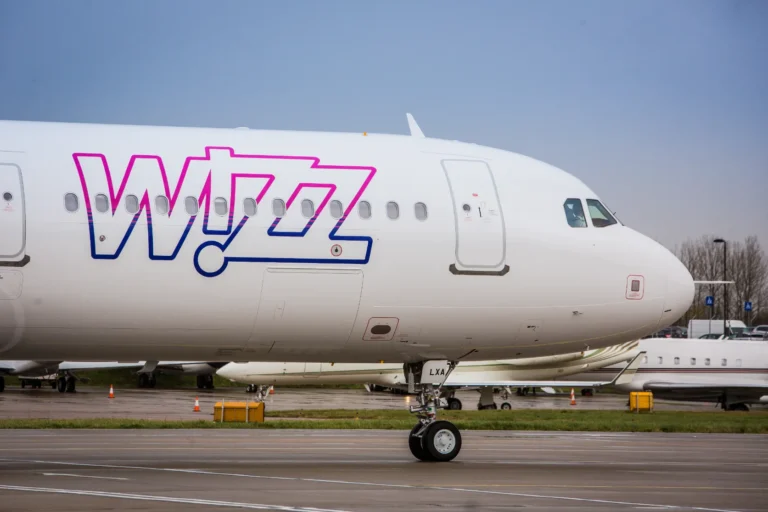Slovakia
Poland’s foreign minister, Radoslaw Sikorski slams PM Orbán and PM Fico again for Russia ties

Travelling from Prague or Bratislava to Budapest? Expect huge delays!

Will the Orbán-Fico alliance crumble over Slovakia’s fresh assault on Hungarian rights?

BREAKING – Hanukkah horror at Bondi beach: Hungarian Holocaust survivor and man among victims

Wizz Air launches state-backed Slovakian domestic route

International military exercise starts in East Hungary

Charming former Hungarian royal town will be the 2026 European Capital of Culture

Tragic accident in the High Tatras: Hungarian tourist dies after falling into flooded stream – photos

Slovak premier Fico claims certain EU circles want to scupper Budapest Trump-Putin summit

72-year-old tried to kill the prime minister – here’s the sentence, video

Tragic train collision close to Hungarian border, bomb alert on Budapest express – photos, videos, updated

Fico: I want to build Slovakia the way Orbán builds Hungary

Wizz Air closes one base, opens another: Where is the Hungarian airline heading?

One empty chair: Hungary left out of EU drone wall meeting

Orbán’s ‘territorial claims’ spur Slovak minister’s mandatory military training plan

Hungary and Slovakia not invited to the EU’s “drone wall” talks

Motorway vignette sales reach new summer record in Hungary

Wizz Air and Ryanair battle for dominance in Eastern Europe





 ZH
ZH IT
IT DE
DE HR
HR NL
NL FR
FR JA
JA RO
RO RU
RU ES
ES TR
TR
